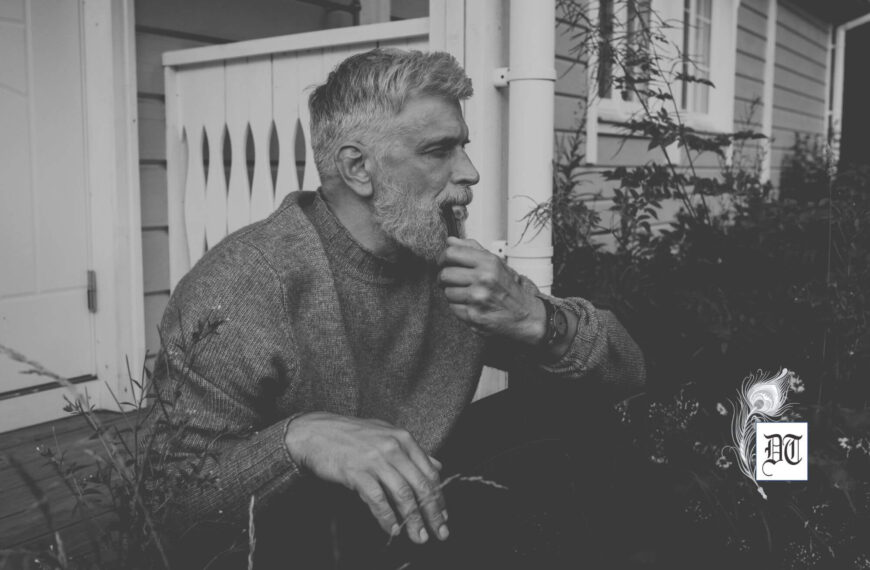A river is a friend. She nurtures and punishes. Here is a lesser known river, Longai, flowing in the northeastern part India and Bangladesh. Sarika talks of her deep connection with this river.
Longai, the lost one,
I saw her from a distant 
She flows gently.
And carries stories aplenty with her,
She knows many tales of two countries
And listens to the cacophony of the people
But everyone refuse to listen to her stories or pains
She is a slice of mellow harmony
And flows always towards its destiny.
She doesn’t know landmark or map,
She just knows how to flow.
At times, she laughs at human lunacy
Here is her despondency,
She carries bitter-sweet memories and
At times, fuzzy ashes too.
Longai is one of the trans-boundary rivers in the Indian subcontinent. She is born in Jampui Hills of Tripura. On her onward journey she crosses through Karimganj district of Assam. After that, she continues to pass further into Bangladesh. She has few tributaries too, such as Singichara, Sabarichara, et al.
I saw her for the first time in the year 2004. She has been a part of my life. Let me tell you, I am an Indian Bengali and in this country most weddings are a combination of pre-wedding, wedding and post-wedding rituals.
One of the pre-wedding rituals is Dodhi Mongal. It is performed, at the crack of the dawn, on the wedding day. On that particular day, some married women invite the Goddess Ganga to bless the ceremonies and participate in the wedding. They fetch water, in a kalash (pot) from a water body – be it a river, pond or lake. These symbolise Ganga. And the water collected singing songs in praise of Ganga is used to bathe the bride and groom. In my wedding Longai symbolised Ganga. She thus became an intrinsic part of my life, forever.
Longai has participated in countless marriages in this part of India. The river is my revered elder and a Sakhi (friend). A bride shares many stories and tales of her life with the ever flowing river.
Like all rivers, Longai is the lifeline of many communities across two nations, India and Bangladesh. She nurtures and feeds millions of people all along her banks. It supports several irrigation projects in both the countries. It connects people and places as it is used for navigation.
 We, in India, consider all rivers holy. So, there are many Hindu rituals attached with river. Another well known ritual is Tarpana (special prayers for our departed forefathers). Every year, many people offer obeisance to the river, after the Pitra Paksha, on the dawn of Mahalaya (the day before the autumnal nine-day celebration of Durga Puja). It’s a time of reverence period for the dead forefathers and relatives. Water is collected in the joined cups of the palms and poured down the fingers, chanting mantras (prayers) as a symbolic gesture of thanking our forefathers.
We, in India, consider all rivers holy. So, there are many Hindu rituals attached with river. Another well known ritual is Tarpana (special prayers for our departed forefathers). Every year, many people offer obeisance to the river, after the Pitra Paksha, on the dawn of Mahalaya (the day before the autumnal nine-day celebration of Durga Puja). It’s a time of reverence period for the dead forefathers and relatives. Water is collected in the joined cups of the palms and poured down the fingers, chanting mantras (prayers) as a symbolic gesture of thanking our forefathers.
It is interesting to note that Pitra Paksha is somber and silent, very much like our fathers. It’s a period of prayers and reverence. However, the Matri Paksha (the Durga Puja) is a time of joyous gaiety. It’s a period of fun and frolic, something we all children have naturally with our mothers, often our first best friend.
The river which cares and nurtures, is also in raging fury when it’s inundated. Every year, this part of the  country, suffers. The havoc caused by the floods of Longai is terrible. Many villages beside the river are engulfed in the flood waters. Every year, properties and goods worth millions of rupees are destroyed. Millions of people are rendered homeless. Crops are damaged. Cattle herds are washed away. Communication links snap. It is a curse for the affected people. After the floods, diseases like cholera, dysentery, etc spread.
country, suffers. The havoc caused by the floods of Longai is terrible. Many villages beside the river are engulfed in the flood waters. Every year, properties and goods worth millions of rupees are destroyed. Millions of people are rendered homeless. Crops are damaged. Cattle herds are washed away. Communication links snap. It is a curse for the affected people. After the floods, diseases like cholera, dysentery, etc spread.
These floods are caused by excessive rains and overflow of rivers. No rivers are silted properly. Though the government has taken several flood control measures to minimise the hazards, much needs to be done.
Our scriptures and elders often tell us that the good is often braided with the bad. Joyous celebrations and sad ones are two sides of the same coin.
In all religions, two elements, water and fire have special place in rituals. It is no different in Hinduism. It is believed that water has spiritual cleansing powers. Hindu cremations take place on the banks of Ganga. As Ganga is not present everywhere, other rivers represent it. From birth to death, river has a special role in our lives.
There is also a burning ghat (cremation ground) on the River Longai. Every time after cremation, the mourning people bathe in the river, after the cremation. They then return home to observe mourning rituals. In the year 2007, my father law passed away. My husband and his relatives performed his last on the ghats of Longai.
Longai is a lesser known river. It might not be celebrated in verse or songs. But, it holds within its waves many stories, many songs, many loves and many separations.
I am one of her Sakhis is in a distant land, in the UK. But, Longai connects with every breath of my body. She is my Soul Sister.
Pix from Net




 By
By

 By
By
 By
By